Neuromodulation
Recent articles
Methodological flaw may upend network mapping tool
The lesion network mapping method, used to identify disease-specific brain networks for clinical stimulation, produces a nearly identical network map for any given condition, according to a new study.
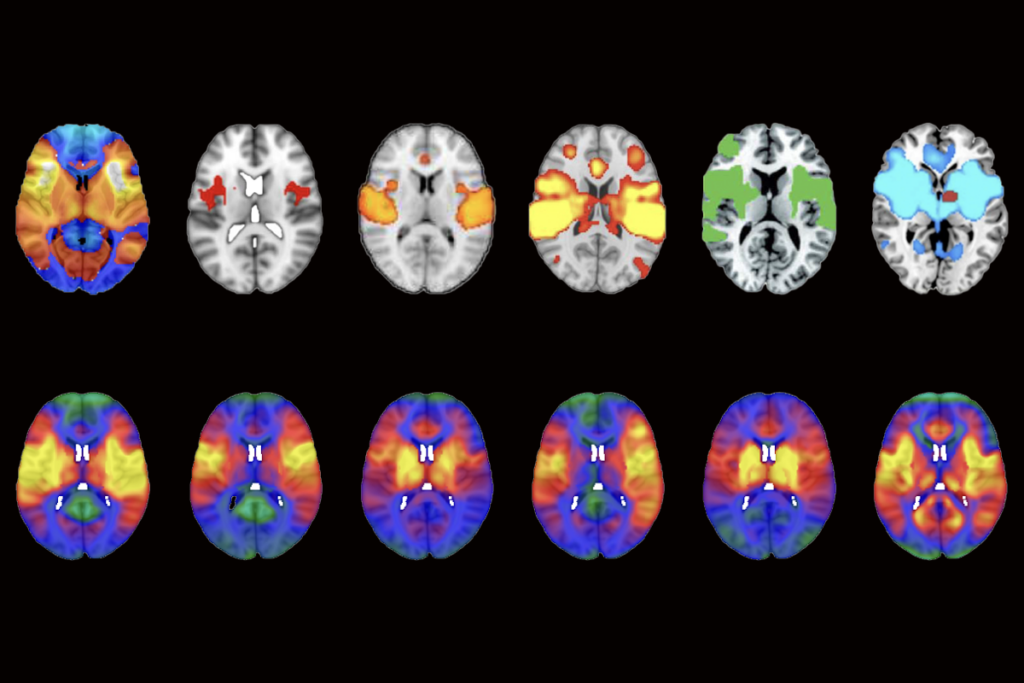
Methodological flaw may upend network mapping tool
The lesion network mapping method, used to identify disease-specific brain networks for clinical stimulation, produces a nearly identical network map for any given condition, according to a new study.
Bespoke photometry system captures variety of dopamine signals in mice
The tool tracks the excitation of an engineered protein that senses dopamine’s absolute levels, including fast and slow fluctuations in real time, and offers new insights into how the signals change across the brain.
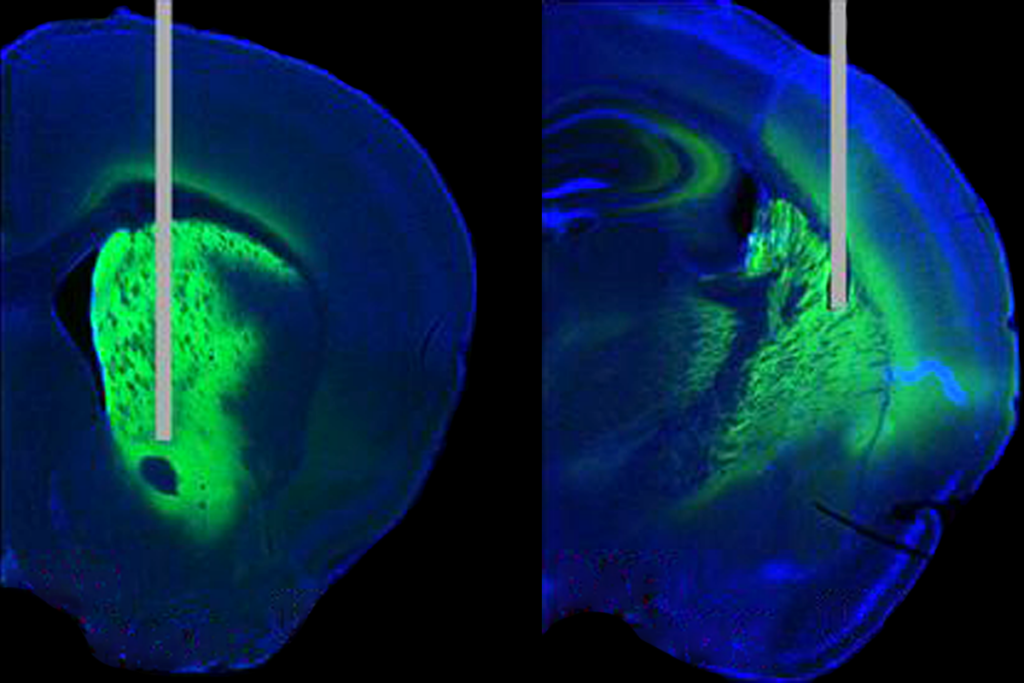
Bespoke photometry system captures variety of dopamine signals in mice
The tool tracks the excitation of an engineered protein that senses dopamine’s absolute levels, including fast and slow fluctuations in real time, and offers new insights into how the signals change across the brain.
The Transmitter’s favorite podcasts of 2024
Our picks include a deep dive into dopamine, the role of PKMzeta in memory, and studying the stomatogastric ganglion.

The Transmitter’s favorite podcasts of 2024
Our picks include a deep dive into dopamine, the role of PKMzeta in memory, and studying the stomatogastric ganglion.
Eve Marder, neural circuits and being heard
The National Medal of Science winner explains why she built her career around the crustacean and what it was like attending high school in a Hudson River town.

Eve Marder, neural circuits and being heard
The National Medal of Science winner explains why she built her career around the crustacean and what it was like attending high school in a Hudson River town.
From a scientist’s perspective: The Transmitter’s top five essays in 2023
From big-picture debates about theories and terms to practical tips for teaching and writing, our favorite expert-written articles offer a glimpse into what neuroscientists are thinking.
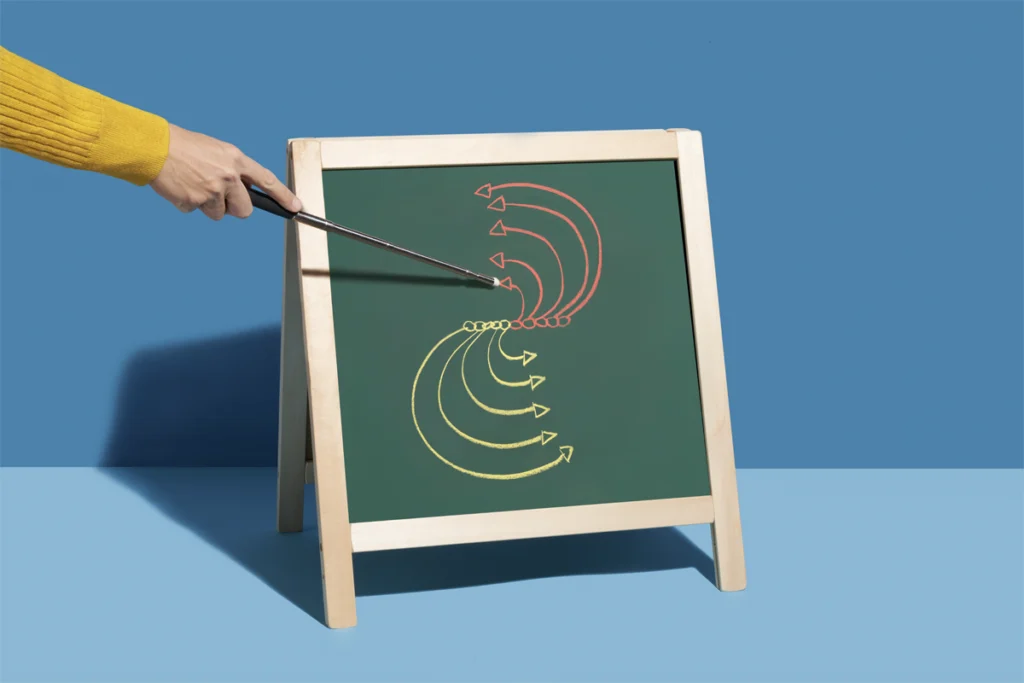
From a scientist’s perspective: The Transmitter’s top five essays in 2023
From big-picture debates about theories and terms to practical tips for teaching and writing, our favorite expert-written articles offer a glimpse into what neuroscientists are thinking.
Is the brain uncontrollable, like the weather?
The brain may be chaotic. Does that mean our efforts to control it are doomed?
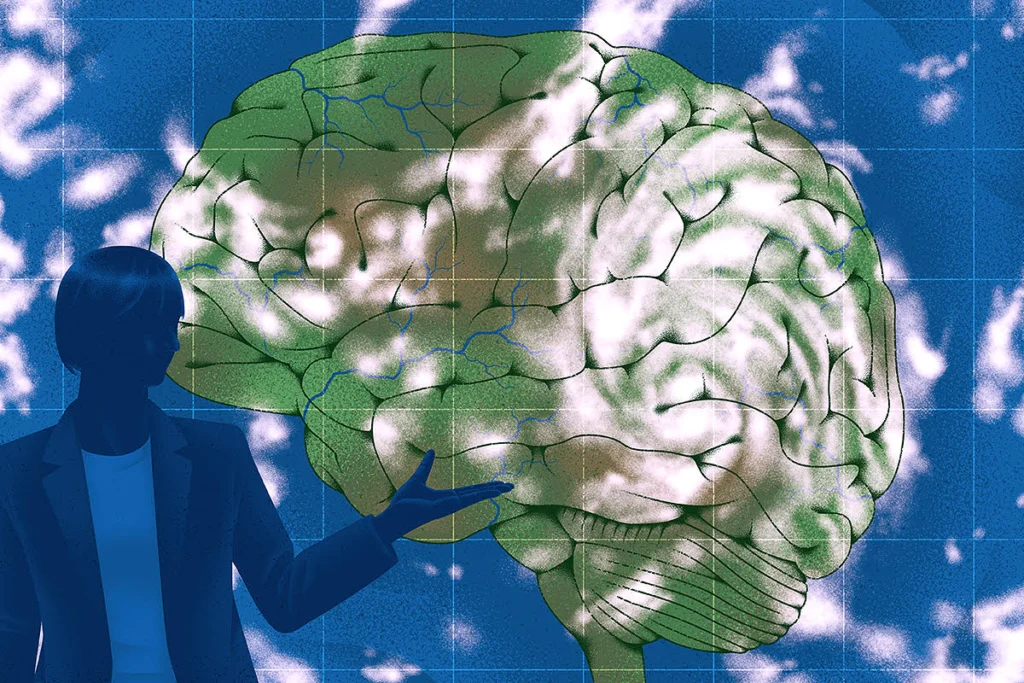
Is the brain uncontrollable, like the weather?
The brain may be chaotic. Does that mean our efforts to control it are doomed?
What happens when a histopathologist teams up with computational modelers?
Answers emerge in my chat with Nicola Palomero-Gallagher, a rare example of someone who connects the brain’s microscopic constituents and macroscopic features.
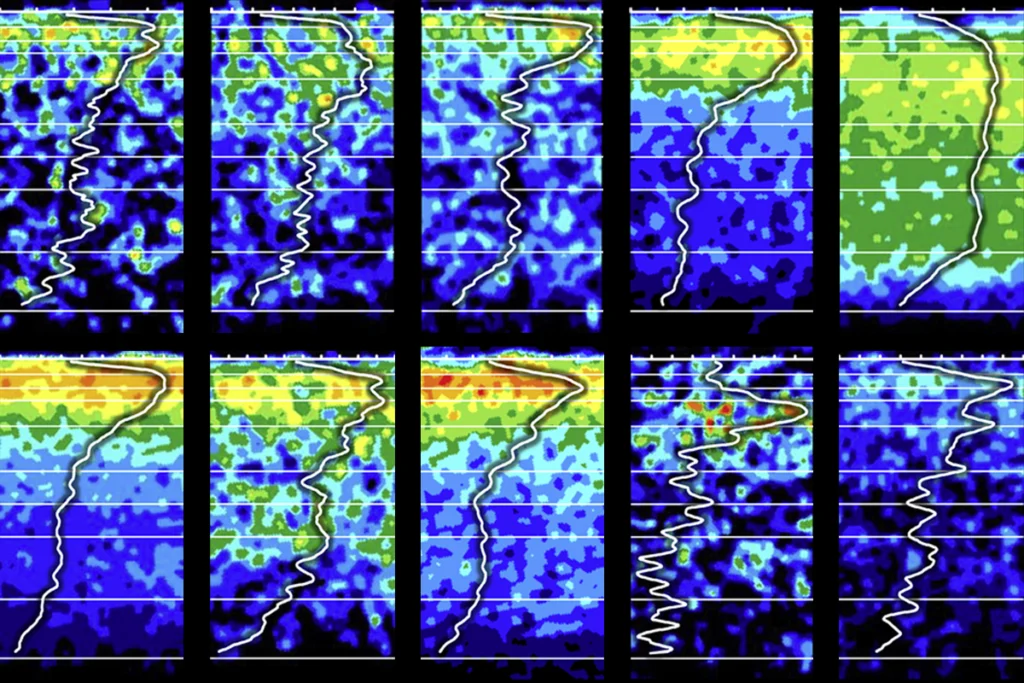
What happens when a histopathologist teams up with computational modelers?
Answers emerge in my chat with Nicola Palomero-Gallagher, a rare example of someone who connects the brain’s microscopic constituents and macroscopic features.
Explore more from The Transmitter
Neuro’s ark: Spying on the secret sensory world of ticks
Carola Städele, a self-proclaimed “tick magnet,” studies the arachnids’ sensory neurobiology—in other words, how these tiny parasites zero in on their next meal.

Neuro’s ark: Spying on the secret sensory world of ticks
Carola Städele, a self-proclaimed “tick magnet,” studies the arachnids’ sensory neurobiology—in other words, how these tiny parasites zero in on their next meal.
Autism in old age, and more
Here is a roundup of autism-related news and research spotted around the web for the week of 2 March.

Autism in old age, and more
Here is a roundup of autism-related news and research spotted around the web for the week of 2 March.
Lack of reviewers threatens robustness of neuroscience literature
Simple math suggests that small groups of scientists can significantly bias peer review.

Lack of reviewers threatens robustness of neuroscience literature
Simple math suggests that small groups of scientists can significantly bias peer review.